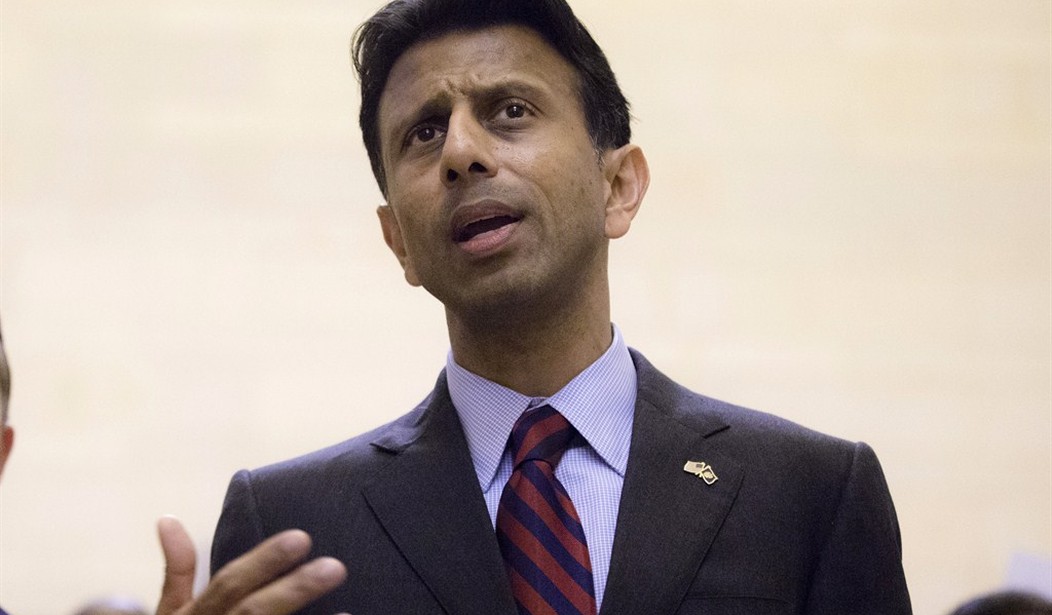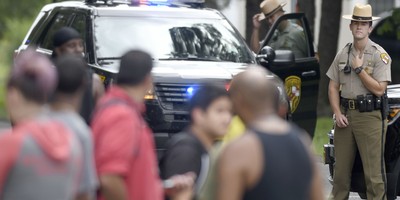Advertisement
The Felicianas factored into the Civil War. The Confederacy and Union fought at Port Hudson and marauding Union troops engaged the Confederacy at the Battle of Jackson Crossroads. Jackson, in East Feliciana Parish, is my hometown. East Feliciana is rural farmland with a mix of state-run enterprises. Graduating from high school, I was one of the few who moved away. Most everyone else had to decide if they were going to work for Exxon, a major employer just over the parish line in East Baton Rouge Parish, or the state prison system, which was local.
East Feliciana Parish's major employers consist of the Dixon Correctional Facility, which is a state prison; the state mental hospital; the Louisiana War Veterans Home; and other state-run facilities. Louisiana's Gov. Bobby Jindal ran for office in 2003 as a conservative reformer. Democrats sent out mail pieces darkening his skin and referring to him as Piyush Jindal, his given name. He lost.
Four years later, Jindal ran again and swept into office winning all but four parishes. His first act was ethics reform. Then he engaged in an ambitious plan privatizing and downsizing state enterprises. In places like East Feliciana Parish, it went over poorly. The First Baptist Church of Jackson, my home church, has met regularly since the early 1800s except during the Civil War. A time or two the church meetings were cancelled because Union soldiers were closing in on the town.
Recommended
Advertisement
That church, like the Methodist across the street and the Catholic down the street, has felt the pain of Gov. Jindal's reforms. Congregants or family members have lost state jobs. The results of Jindal's reforms have been tremendously positive for Louisiana. The state has seen reinvestment in schools. The suburbs of Baton Rouge stretch south closer and closer to New Orleans. New business is coming in.
A state where once businesses avoided because they did not want to pay kickback money to local officials now sees national businesses beating a path to the bayous. But the old culture, the comfortable culture subsidized by the state, is fading. People are restless and resentful.
Jindal has been one of the most successful reform governors in Louisiana's history. He downsized the state. He privatized state businesses. He created jobs and brought in major corporations. But a people who had grown comfortable with government jobs, state spending and a system of corruption are now uncomfortable with all the changes. In 2011, Jindal won every parish in his re-election. Louisiana's Democratic Party imploded.
But decisions Jindal made over time have come back to haunt him as he considers running for president. There are budget issues that kept getting kicked down the road. U.S. Sen. David Vitter is running to replace the term-limited Jindal. They are rivals, and Vitter has placed blame on Jindal for state problems, claiming he will reform the reformer's work.
Advertisement
Jesus told his disciples in the book of Luke, "Truly, I say to you, no prophet is acceptable in his hometown." Governors running for president often find the same. In East Feliciana Parish and throughout Louisiana, there are hundreds of thousands of people who are objectively better off than they were eight years ago. But they do not feel better off. Their state is better off, but they do not feel it.
Bobby Jindal is one of the best conservative governors in the country. Louisiana before and after Jindal's election should be a brilliant image for his presidential ambitions. But a chorus of culturally conservative Louisianans who have seen their state subsidizations disappear might beg to differ.
























Join the conversation as a VIP Member